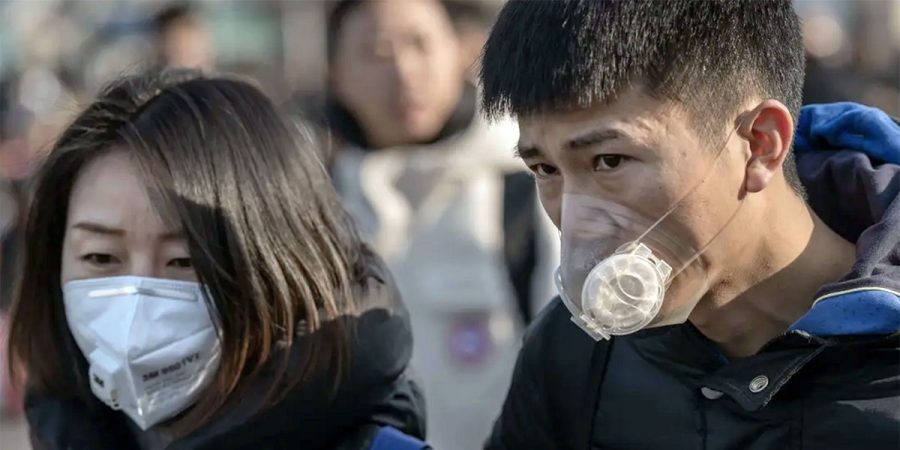AS the new Wuhan coronavirus, designated 2019-nCoV, spreads around the world, people are increasingly turning to face masks for protection. The question is, are masks really needed?8,100 people globally have fallen sick and officials say over 170 have died, mostly the old and sick. Cases have cropped up in 15 countries all over the world. Even people in the USA, half a world away from China where the epidemic is raging unabated, have started to wear face masks. According to an article published in the New England Journal of Medicine, the number of infections reported in Wuhan has doubled every 7.4 days on average.
Health experts say that in the USA, at any rate, the risk of infection is very low, seeing that there have been only 5 confirmed cases in 4 states so far, all of which were in individuals who had travelled to China in the recent past. Person-to-person transmission has not yet been seen to occur in this country so far. However, if anyone is scared about the virus because they live near a confirmed case, or if their locality is having severe flu season, a face mask could help prevent the flu at least. And in the case of elderly or sick people, who seem to be the target for this virus, a flu shot, and a face mask could be just what the doctor ordered to help prevent both conditions.
CDC recommendations for health workers dealing with novel coronavirus patients is to wear N95 masks that fit the face closely and don’t allow much air to percolate unfiltered through the sides. It filters out 95% of particles sized 0.3 micrometers or larger. However, coronaviruses are on average about 0.1 micrometers in size, which means they could slip through. Beards and hair also prevent the mask from fitting well. This could also be the case with children, while people with breathing difficulties could find it hard to tolerate these masks.
Ordinary surgical masks could be pretty useless as they are too loose to keep out unfiltered air. Cloth masks may absorb moisture and thus promote bacterial breeding, encouraging respiratory infections. Some previous studies show that respirator masks like the N95 do keep out fluorescent spray.
Experts say non-medical personnel don’t even need masks, and even medical people only need them for this purpose if they’re taking care of novel coronavirus patients. The Australian government has made it mandatory for doctors, other medical staff and patients to wear masks during consultations and will use its own stockpile of masks if medical staff find it impossible to get as many as are needed. Other than this, only patients who are sick need masks, it says.
Masks would be useful even in other situations, like sick people who keep coughing, or feel really ill, whether it is a novel coronavirus infection or a bad case of the flu.










